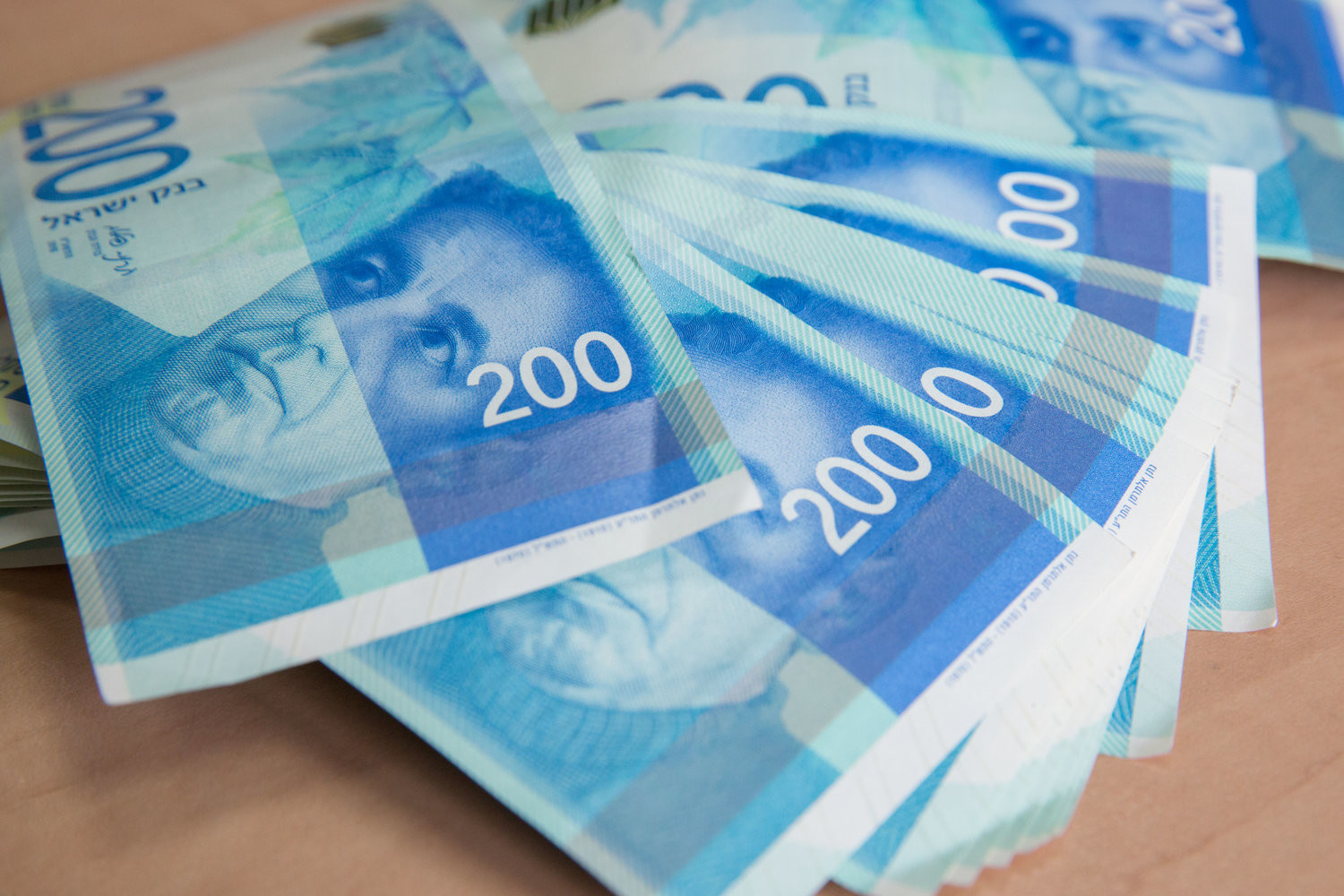The Central Bank of Nigeria (CBN) and its Ethiopian equivalent, the National Bank of Ethiopia (NBE), have reportedly swapped $100 million in blocked funds as both countries struggle with severe shortages of hard currency.
It was reported in The Reporter, an Ethiopian outlet, that the currency deal involved swapping revenues of Ethiopian Airlines from Nigeria and earnings of Dangote Cement in Ethiopia, as the two companies struggled to repatriate profits amid forex shortages in both countries.
This has been touted as a new way that companies can look to get their trapped funds out of illiquid economies.
It is understandable that this arrangement will enable Ethiopia to access funds blocked in Nigerian banks, while Nigeria will, in return, gain access to money held up in Ethiopia.
While Ethiopian Airlines, the largest foreign carrier operating in Nigeria, has about $180 million in trapped funds in the country, Dangote has about $300 million in the eight years it has been operational in Ethiopia, where it produces over 2 million tons of cement yearly.
However, the inability to take out their funds has become a source of concerns with both companies seeing their profits pile up but unable to cash in on them.
The NBE has now stepped in by offering Dangote a currency swap proposal, allowing it to exchange its excess Ethiopian birr for Dollars held by overseas firms operating in Ethiopia.
The report said that the currency swap allows Ethiopia to access funds blocked in Nigerian banks – including large amounts owed to Ethiopian Airlines – while Nigeria gains access to Ethiopian funds through Dangote Cement, a major Nigerian firm operating in Ethiopia.
“The National Bank will pay us the equivalent swapped amount in birr,” Ethiopian Airlines CEO, Mr Mesfin Tassew, told The Reporter, adding that there were no plans to swap the remaining amount.
With this arrangement, Ethiopian Airlines will have less than $100 million unrepatriated, while Dangote still has over $200 million in backlogs.
This could help Nigeria reduce its heavy shortage, which has drawn worry from the International Air Transport Association (IATA), which lamented that the total amount of foreign airlines’ trapped funds in Nigeria stood at $812.2 million in June.
Following drops in crude production to a low level of under 1 million barrels per day last year due to rampant theft, vandalism and declining investment, Nigeria was further strained by a shortage of foreign currency reserves which accounts for more than 80 per cent of its earnings.
Ethiopia is not left behind, as the country also has its share of FX shortages that makes it difficult to import goods amid rising hunger and economic strain.
This move could signal a way for countries, particularly in Africa, to ease the burden of unrepatriated funds choking their economies.




